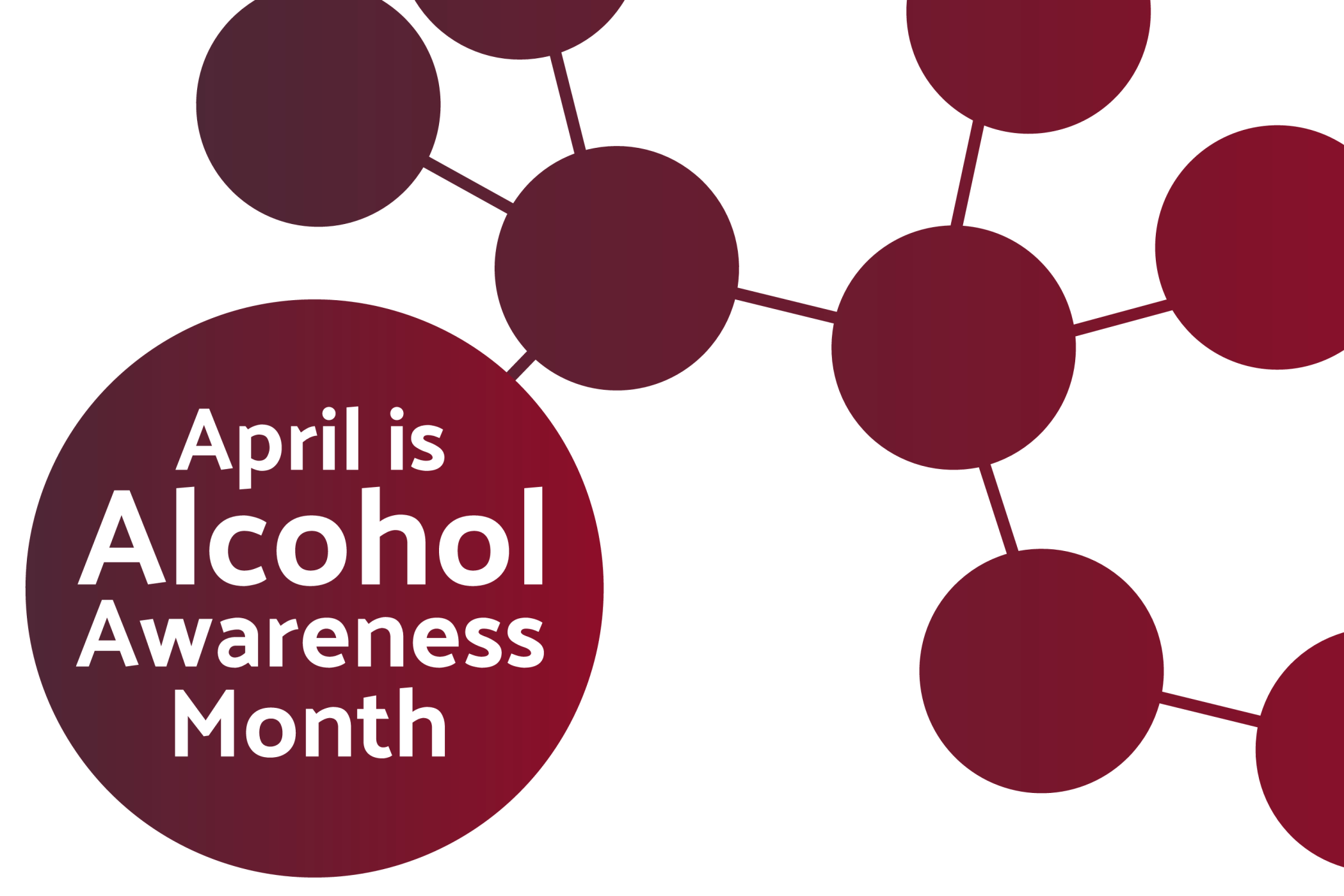My Child Has No Friends: 10 Tips for Parents

Does your teenager spend every Friday night at home alone? It can be heartbreaking to give voice to the truth — my child has no friends. Rest assured, you are not alone, and there are steps you can take to help give them the push they need to socialize with their peers.
Learn Why Friendship Is Important
Healthy relationships are important for people at all ages and stages of their lives. Friendship, respect, and inclusion are particularly important for teenagers. Fostering healthy friendships can help build self-esteem and resiliency, giving teenagers confidence to help deflect bullying. At an age where there is imbalance with the endocrine system, teens can struggle to gain independence, friendships help them feel valued and worthwhile with their peers.
Anxiety is also on the rise among teens. One in three teen girls and one in five teen boys experienced new or worsening anxiety since March 2020, according to a survey of 977 parents with children ages 13 to 18 years old by the C.S. Mott Children’s Hospital. When parents relaxed rules to give their teens more freedom to spend time with friends, spirits lifted. At least 81% of parents who modified their COVID-19 rules said it helped improve their teen’s mental health.
Having healthy friendships will not only improve your child’s mood, but it can also help keep them safe. Troubled teens who are depressed, anxious, and withdrawn run a higher risk of having alcohol problems, the National Institute on Alcohol Abuse and Addiction reported. Alcohol is the most commonly used illicit substance among teens, and it accounts for 546 emergency room visits each day, the National Institute on Drug Abuse reported.
How to Help Your Teen Make Friends
If your teen has a hard time making friends, here are 10 tips you can follow to help encourage them to socialize.
-
Be supportive.
One of the most important things any parent can do to help their teen make friends is to have a strong supportive relationship to fulfill their emotional needs.
-
Talk.
If you notice your teen spends a lot of time alone in their room, sit them down and have a conversation. They may grumble but understanding why they are unhappy or anxious may help them come out of hibernation.
-
Boost confidence.
As teens assimilate with new and more responsibilities, your discussions can send your child’s decisions into an opposing direction. Help them build on their decision to focus on their inner thoughts and ideas.
-
Insist on school participation.
Joining a school club or a sports team can help your child feel a sense of belonging and increase their confidence and give them the courage to seek out social interaction and find friends.
-
Teach them to control negative emotions.
If your teen has difficulty controlling negative emotions, their friends may exclude them from the group . Help your teen learn resiliency tools. Take time to talk to your child about their feelings and give them strategies to cope with negative emotions, such as deep breathing, focal points, exercise. Encourage them not to turn to underage drinking.
-
Encourage empathy.
Your teen is assimilating quite a bit of newly learned information. Encouraging teens to understand different viewpoints can help them be open to new and healthy friendships.
-
Rule out anxiety.
Anxiety is the body’s natural response to stress. Some children who have trouble making friends may have experienced past stressful situations during friendship development. If you believe building relationships is of concern for your teen, there are professional resources available to assist in putting them at ease.
-
Sign them up.
Encourage your teen to foster their hobbies and sign them up for extracurricular activities they enjoy finding people who share common interests.
-
Be a good role model.
Show your children the value of healthy friendships by letting them see the important roles friends play in your own life.
-
Get advice from a professional.
If your child struggles to make friends, professional counselor can teach social-skills development techniques to help your teen thrive.
Start the Conversation Today
For more information to help your teen develop healthy friendships, visit Health Rocks!, a proven 4-H program that helps youth develop life skills in the area of critical thinking, decision-making, communication, managing feelings, stress management, and goal–setting, to help them resist risky behaviors. Decrease your teen’s chances of abusing alcohol by visiting Talk It Out NC to open the lines of communication and to get tips on how to Start the Conversation to stop underage drinking.



